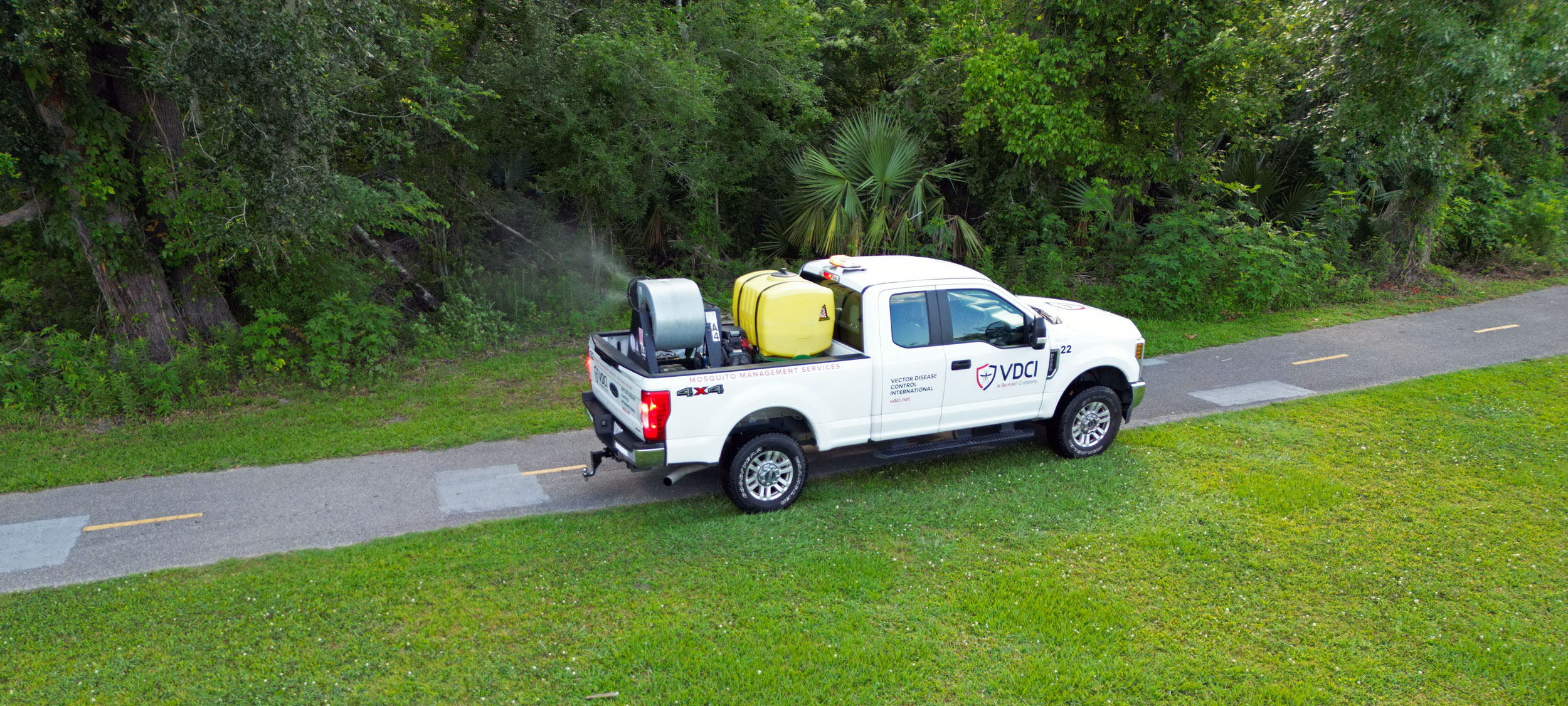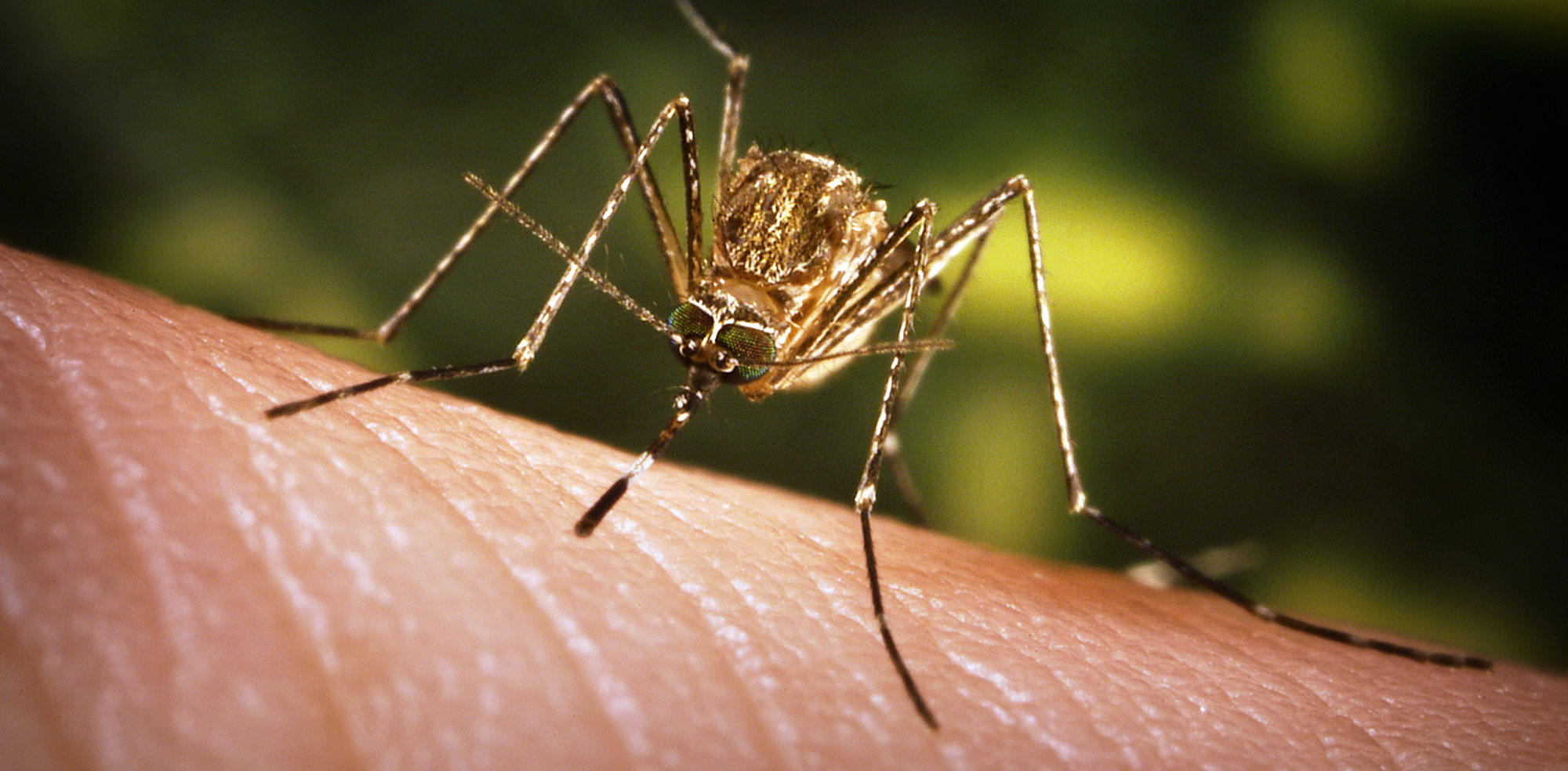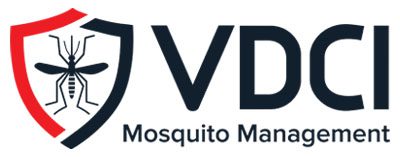Common Questions About Mosquito Management
VDCI team members are constantly in conversations with city, county, and parish officials as well as mosquito abatement districts who are interested in starting or upgrading their mosquito abatement programs. We field many questions, and some are really great! We would like to take the time to provide answers to a few of the questions that our professionals were asked over the past year.
1. Our community has conducted our own spraying for years. Why would we want to contract out our mosquito abatement program?

Mosquito control involves much more than using trucks to spray a community at night. Truck spraying should be the end result of a fully integrated approach to managing mosquitoes that includes public education, source reduction, surveillance, larviciding, disease testing, and adulticiding. VDCI can provide all of the above in a turn-key mosquito abatement program, freeing up your resources and lowering your liability.
2. I am aware that VDCI has airplanes. We have never conducted an aerial mission before. Why would we need it?

Aerial missions may not be a need in your community. Many mosquito control operations around the country use aerial applications, and for a good reason. With truck and foot missions, you can encounter limitations with road networks and the ability to safely access a given area. If some areas are not accessible, it can be challenging to ensure good control. VDCI’s aircraft are equipped with industry-leading technology that assists in desired coverage for large and small target areas, often seeing as much as a 95% reduction in the mosquito population.
3. Does truck spraying really work?

Yes, truck spraying is a meaningful and effective action within an Integrated Mosquito Management (IMM) program; however, there are a multitude of factors that need to be taken into consideration for maximum efficacy, such as:
- Calibration – Equipment MUST be properly calibrated to ensure that you are applying enough product to be effective, while at the same time not over applying and harming non-targets or beneficial insects.
- Timing/Biology – Most adulticides are designed to kill the flying mosquito. If the mosquito species you are targeting is not active at the time you are spraying, you may as well leave the truck in the shed! Spraying at 4:30 pm may cut down on overtime; however, it does not kill many mosquitoes.
- Wind Speed and Direction – We rely on our product floating in the air and need a little wind to carry the adulticide through the target area. If there is NO wind, your effectiveness will be reduced, and the product will not move far from the truck. On the flip side, high winds (over 10 mph) will carry the product too fast through the desired area.
- Droplet Size – If product drops are too big, they will fall out of the air too soon and never reach a mosquito. A large drop can also lead to deposition onto plants and other foliage, potentially leading to non-target exposure, and can lead to pesticide resistance in the future. If they are too small, they may not be lethal enough to kill the mosquito and can lead to resistance within the population.
- Truck Speed – Driving too fast causes sub-lethal doses to be applied, while driving too slow can put out too much product, affecting non-targets. As a stand-alone option, truck fogging is not the best choice; however, when combined with surveillance, disease monitoring, source reduction, larval control, and public education, truck spraying absolutely has its place in a mosquito management program and can play a huge role in the suppression of mosquito-borne disease.
4. What Effect Does Spraying Have On Other “Beneficial” Insects, Pets, And Humans?
Extensive studies have shown little or no effect on beneficial insects from ULV spraying for adult mosquitoes. By A) limiting applications to areas with documented high annoyance or threat of disease, B) utilizing specialized Ultra-Low Volume technology (applications at approximately 1.0 ounce per acre, with specifically-sized microscopic droplets of a low toxicity product), and C) timing applications only during the evening when mosquitoes are at their peak activity period, and most other non-target insects are not active, we are able to minimize non-target effects. As far as pets and humans are concerned, ULV technology again allows us to apply a very small amount of a very low toxicity product over a large area, which means the amount of product people are exposed to is minimal. Additionally, these products breakdown very rapidly in the environment and do not bio-accumulate. For more information, please visit our Pesticides Page.
5. Which mosquitoes transmit West Nile virus?

At least 43 species of mosquitoes have been found to transmit West Nile virus in the United States. Many of these infected mosquitoes feed only upon birds, thus contributing to a cycling of the virus among avian populations. Other species feed upon these infected birds and then will feed on humans, making them an ideal vector. In urban settings, Culex pipiens and Culex quinquefasciatus tend to be the primary vectors of concern. In rural areas, particularly in the western part of the United States, Culex tarsalis is the primary transmitter.
6. Do really cold winters mean that we will have fewer mosquitoes next year?
Not necessarily. Different mosquito species spend the winter months in different life stages. When the water and air temperature start to get colder, and the days get shorter, mosquitoes will go into a type of hibernation referred to as ‘diapause’. This means adult mosquitoes are not seeking a blood meal, larvae will stay in their current instar stage, and eggs will not hatch even when wet. Anopheles and Culex mosquitoes will overwinter as adults. They find underground storm drains, crawl spaces, barns, and any other place they can get out of the weather and cold. This is why when you get a couple of warm days during the winter, you may start to see a few mosquitoes. There are adult mosquitoes out there simply waiting for it to warm up! Others, such as your Aedes, or floodwater mosquitoes, will overwinter in the egg stage. These eggs can get wet and dry out several times in the winter, but they will not hatch until the spring, when the water temperature warms up and the days start to get longer. So, the short answer is that mosquitoes know how to survive winters and they have been doing it for thousands of years.
7. If we were to go to another city where VDCI works, will there be NO mosquitoes?
You will probably see mosquitoes in areas that VDCI services. VDCI will never claim to decrease your mosquito population by 100%, and you should run from anyone that does make that promise. What you will find is a scientifically-based approach to mosquito control that strives to protect public health by considering all stages of the mosquito life-cycle and each species bionomics. Surveillance alone is not effective. Source reduction or larviciding alone is not effective. Truck spraying alone is certainly not effective. Aerial spraying alone is not effective. What is effective, however, is the combination of all of these components – an Integrated Mosquito Management (IMM) program. An IMM program will reduce the chance of being bitten and contracting a mosquito-borne disease. VDCI continues to use innovative mosquito management methodologies and industry-leading technologies to provide more efficient, cost effective, and timely solutions to protect public health.
Contact Us to Learn More About Effective Mosquito Management Strategies:
 Since 1992, Vector Disease Control International (VDCI) has taken pride in providing municipalities, mosquito abatement districts, industrial sites, planned communities, homeowners associations, and golf courses with the tools they need to run effective mosquito control programs. We are determined to protect the public health of the communities in which we operate. Our mosquito control professionals have over 100 years of combined experience in the field of public health, specifically vector disease control. We strive to provide the most effective and scientifically sound mosquito surveillance and control programs possible based on an Integrated Mosquito Management approach recommended by the American Mosquito Control Association (AMCA) and Centers for Disease Control and Prevention (CDC). VDCI is the only company in the country that can manage all aspects of an integrated mosquito management program, from surveillance to disease testing to aerial application in emergency situations.
Since 1992, Vector Disease Control International (VDCI) has taken pride in providing municipalities, mosquito abatement districts, industrial sites, planned communities, homeowners associations, and golf courses with the tools they need to run effective mosquito control programs. We are determined to protect the public health of the communities in which we operate. Our mosquito control professionals have over 100 years of combined experience in the field of public health, specifically vector disease control. We strive to provide the most effective and scientifically sound mosquito surveillance and control programs possible based on an Integrated Mosquito Management approach recommended by the American Mosquito Control Association (AMCA) and Centers for Disease Control and Prevention (CDC). VDCI is the only company in the country that can manage all aspects of an integrated mosquito management program, from surveillance to disease testing to aerial application in emergency situations.

